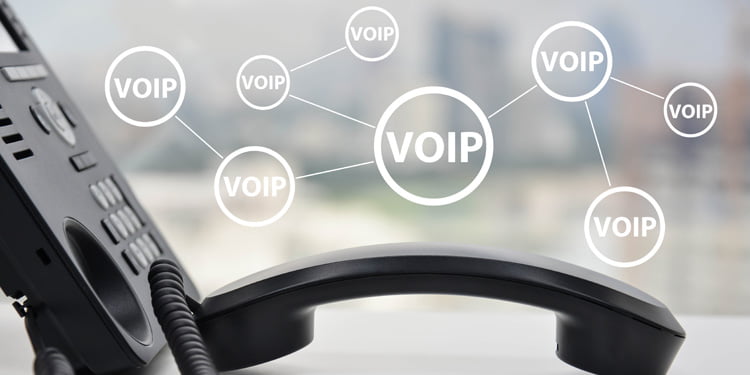VoIP technology:
The telecommunications industry has changed enormously in the last few years; the days of Plain Old Telephone System (POTS) landline phones are undoubtedly numbered, with mobile phones advancing year on year. However, the latest storm to try to knock out the (copper) phone lines is that of Voice over Internet Protocol. This technology was first developed just over two decades ago and is now seen as the future of telecommunications.
So what exactly is ‘Voice over Internet Protocol’?
It represents the set of conditions that allow a phone or video call to take place over the internet. With the constant development of faster broadband speeds and the omnipresence of Wi-Fi, Voice Over Internet Protocol technology has really taken off in recent years. It uses internet data packets to connect phone calls – fear not, it can still connect to POTS phone numbers! It’s use is becoming so widespread that BT, for example, are planning to scrap their traditional POTS by 2025.
That’s all very interesting, but how will it actually benefit me?
Modern Voice Over Internet Protocol technology is so much more than an alternative phone system. Businesses in particular can benefit from the plethora of helpful and intricate features available. The geographical freedom of the system means that you can keep the same phone number; for example, whether in Sydney, Buenos Aires or even Timbuktu, you can still use your UK number to make calls. This is particularly ideal for people travelling for business. Another key benefit is the call data provided by a VoIP system; this helps to optimise contact time with clients and monitor employee calls to ensure maximum efficiency.
One of the best selling points is the flexibility it provides. It can adapt to the ever-evolving scale of your business needs; all you have to do is get in contact with your VoIP service provider.
A bit more convincing… I bet it costs a fortune though!
Owing to the fact that it uses your internet connection to make calls, its quality is only outshone by its affordability. The low setup and maintenance costs are part of the reason that they work out cheaper than POTS systems. Of course, the exact amount depends on which provider you choose to go with.
